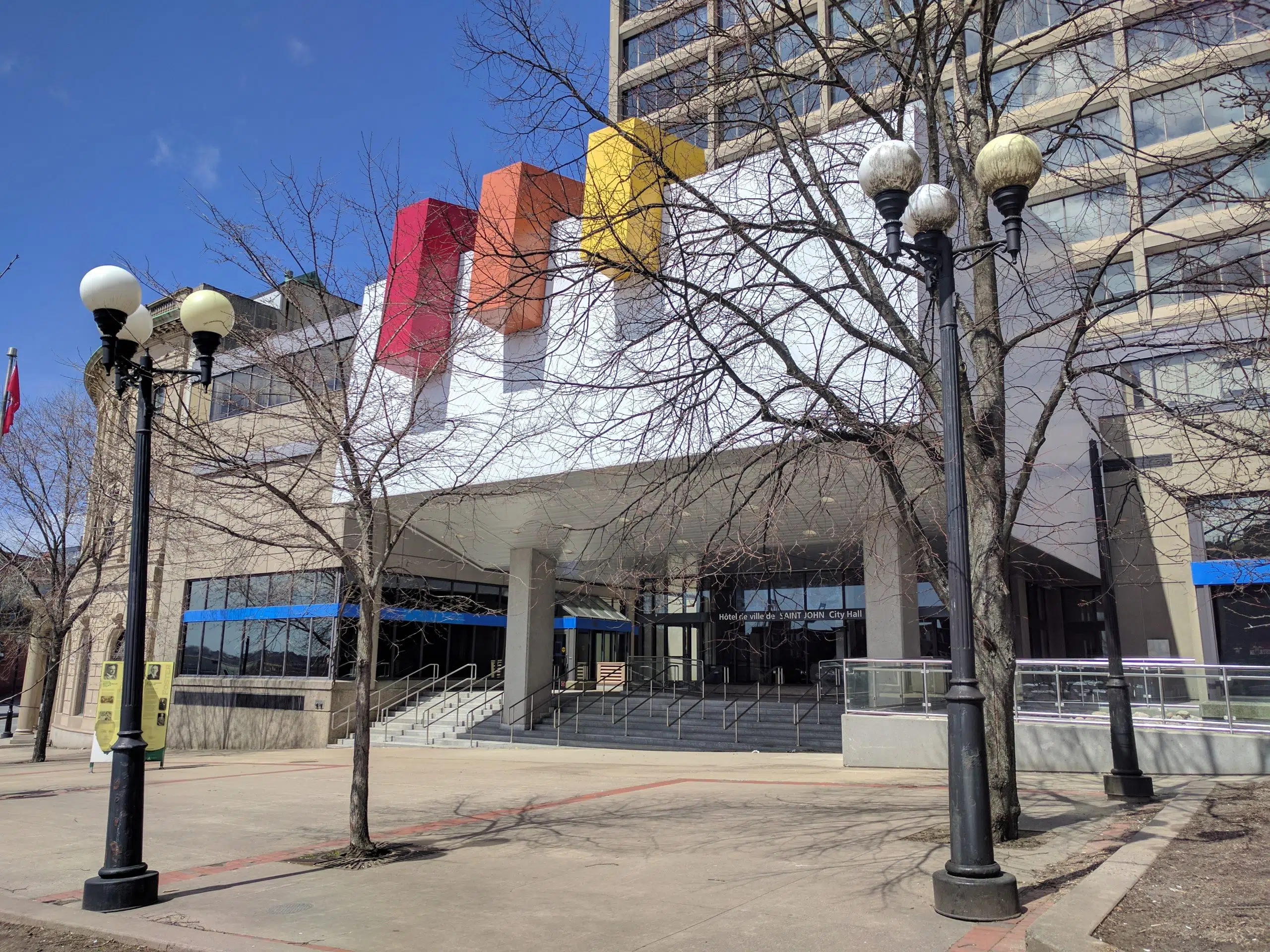Saint John is seeing many encouraging financial signs, but its chief financial officer says some challenges remain.
An overview of the 2021 consolidated financial statements was presented to the city’s finance committee on Thursday.
“What I want the committee to see in these statements is that the city is following a robust, sound financial plan that shows continuous improvement in our financial health,” Kevin Fudge told members of the committee.
Fudge pointed to the “dramatic improvement” in the city’s net debt and reserve funds over the past few years.
Saint John’s net debt stood at $159.4 million at the end of 2021, down from more than $330 million just three years earlier.
“Based on the debt load we have, over the next five years, the city will be paying over $111 million in principle payments on our debt,” said Fudge.
“It goes to show we’re making improvements, but it’s still a lot of money that we’ll be funding through our budgets with respect to debt.”
Fudge also pointed out that the city continues to focus on reducing its infrastructure deficit as part of its long-term financial plan.
The city’s infrastructure, he said, is depreciating at more than $41 million per year, but the city is only putting about $27 million annually toward its infrastructure deficit.
“Which speaks to the financial constraints we have, speaks to the importance of following asset management, and making sure we can make some headway on the infrastructure deficit,” said Fudge.
The city ended 2021 with a $1.7-million surplus in its general fund operating budget and a $1.5-million surplus in its utility fund operating budget.
General fund revenue was over budget by nearly $11 million, which the city’s Craig Lavigne said was mainly due to one-time revenues.
“Many of the one-time revenues that we received were transferred into reserves in 2021, which is aligned with the city’s operating budget policy to ensure that the use of non-recurring revenues are not going to fund ongoing services,” said Lavigne.
When it comes to the city’s reserve funds, Fudge said they stood at more than $33.2 million as of the end of 2021, up from $19.4 million at the end of 2020.
The city has put an increased emphasis in recent years on building its reserve funds, which were essentially non-existent just a few years ago.
Coun. Gary Sullivan, who chairs the finance committee, said the decision to increase reserve funds is starting to pay off.
“We are seeing the need for that just starting to hit us. We have tenders coming back that are over our estimates. Inflation is causing us pressures on paying for some of our operations now this year,” said Sullivan.




